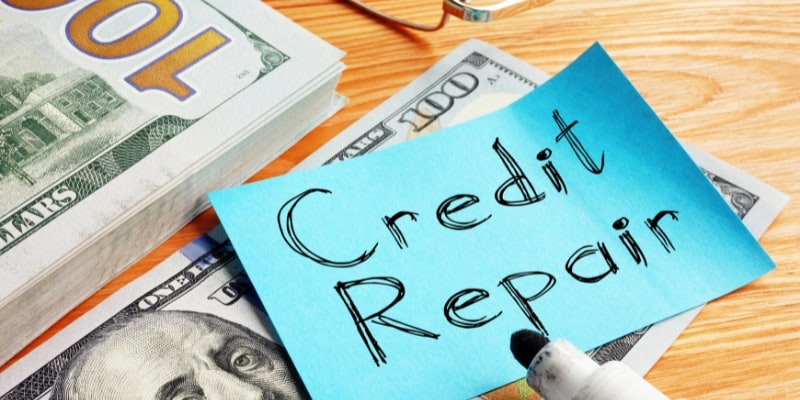
In today’s world, credit plays a vital role in our financial lives. From buying a house to getting a car loan, credit determines our ability to make major purchases. However, many people need help maintaining and repairing good credit. Fortunately, credit repair is a process that can help individuals improve their credit scores and financial health. This blog will delve into the fundamentals of credit repair, including how credit scores are calculated, common credit report errors to look out for, and strategies for improving your creditworthiness.
How Credit Scores Are Calculated
1. Payment History: Your payment history is the most important factor in determining your credit score. Late payments, missed payments, and defaults can significantly lower your score.
2. Credit Utilization: This measures the amount of credit you use compared to your total available credit. Higher credit utilization can indicate that you rely too heavily on credit, which can lower your credit score.
3. Length of Credit History: A longer credit history can indicate that you are a responsible borrower, which can improve your credit score.
4. Types of Credit: Having a mix of different types of credit, such as credit cards, car loans, and mortgages, can improve your credit score.
5. Recent Credit Inquiries: Applying for multiple credit cards or loans quickly can lower your credit score.
Common Credit Report Errors To Look Out For
1. Incorrect Personal Information: Make sure your name, address, and social security number are correct. Incorrect personal information can lead to credit report errors.
2. Accounts That Don’t Belong To You: Check your credit report for accounts you need to recognize. These accounts could be a sign of identity theft.
3. Inaccurate Account Information: Ensure your account balances, payment history, and credit limits are accurate. Inaccurate information can negatively impact your credit score.
4. Duplicate Accounts: Check for duplicate accounts that may have been opened by mistake. Multiple accounts can lower your credit score.
Strategies For Improving Your Creditworthiness
1. Pay Your Bills On Time: Your payment history is the most important factor in determining your credit score. Pay your bills on time to avoid late payments and defaults.
2. Reduce Your Credit Utilization: Reducing your credit utilization is a crucial strategy for improving your credit score and overall financial health. Credit utilization, or the ratio of your current revolving credit debt (such as credit card balances) to your total available credit limits, significantly impacts your credit score.
3. Check Your Credit Report Regularly: Check your credit report regularly to ensure accuracy. Dispute any errors that you find with the credit bureau.
4. Build Your Credit History: If you have a short credit history, consider opening a secured credit card or becoming an authorized user on someone else’s account.
5. Avoid Opening Too Many Credit Accounts: Quickly applying for multiple credit accounts can lower your credit score. Only apply for credit when you need it.
Conclusion
Understanding the basics of credit repair is essential for anyone looking to improve their credit score and financial health. By understanding how credit scores are calculated, identifying common credit report errors, and implementing effective strategies for enhancing your creditworthiness, you can take control of your credit and achieve your financial goals. At Sparkle Credit Solutions, we specialize in helping individuals understand the complexities of credit repair and provide personalized solutions to help them achieve their financial goals.
